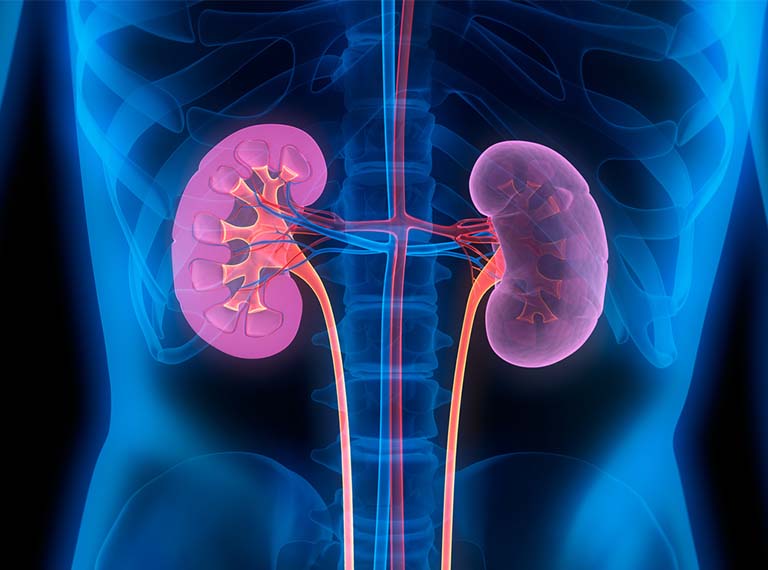Nephrologists can develop a management plan that helps you overcome low-functioning kidneys. In some cases, your kidney damage may even be reversible if caught and treated early.
Sometimes called renal medicine, nephrology is a specialty within the internal medicine field related to kidney care. It is often connected with hypertension or high blood pressure.
Urologists can also do a range of procedures. Some of these they’ll do in their office. Others are major surgeries done in a hospital.
Nephrologists are medical professionals who diagnose, treat, and manage acute and chronic kidney problems and diseases. They also treat associated issues like high blood pressure, fluid retention, and electrolyte and mineral imbalances. In addition, these specialists are in charge of kidney dialysis treatment — both hemodialysis and peritoneal dialysis — and kidney transplants and their follow-up care.
Nephrologists are experts in renal health, and they work to identify issues with your kidneys to help you maintain good health. Your kidneys are important because they filter your blood to remove waste and toxins, and they monitor and balance the water, acid-base, and mineral ratios in the body.
Most people don’t go to a nephrologist without a referral from their primary care doctor. Typically, seeing a nephrologist means that you have kidney-related symptoms from an unknown cause or that you have health issues only a renal specialist knows how to treat.
You might be referred to a nephrologist if you have the following signs or symptoms:
If you get a lot of urinary tract infections (UTI), which are typically bladder infections, you are at greater risk for the infection to travel up to your kidneys. This also puts you more at risk of developing kidney disease, permanent kidney damage, or even kidney failure. Chronic UTI symptoms, especially blood in the urine, fever, and fatigue, can also indicate the early stages of bladder or kidney cancer.
Kidney stones are mineral- or salt-based deposits inside your kidneys, and they cause a lot of pain when passing through your urinary tract. If you get a lot of kidney stones, your kidneys are likely not filtering waste properly and are letting deposits accumulate.
You can also develop kidney stones that begin to block glomerular filtration (part of the urination process) and lower the filtration rate. Any obstructions can begin to damage your kidneys and lead to chronic kidney disease.
Foamy or bubbly urine means there is protein in your urine. This condition, called proteinuria, can happen from a number of causes, some being relatively harmless and others more likely to cause kidney damage. Your urine normally has a bit of protein waste in it, but this protein will pass unnoticed. Only when you have high amounts of protein do you begin to see foam or bubbles in the urine.
If you’re experiencing bone and joint pain along with itchy skin, you might have a condition called renal bone disease, also known as mineral and bone disorder. This condition can occur alongside kidney disease, and it happens when the kidneys can’t maintain the amount of calcium and phosphorus your bones need. If untreated, this condition can lead to weakened bones, and heart and blood vessel problems.
